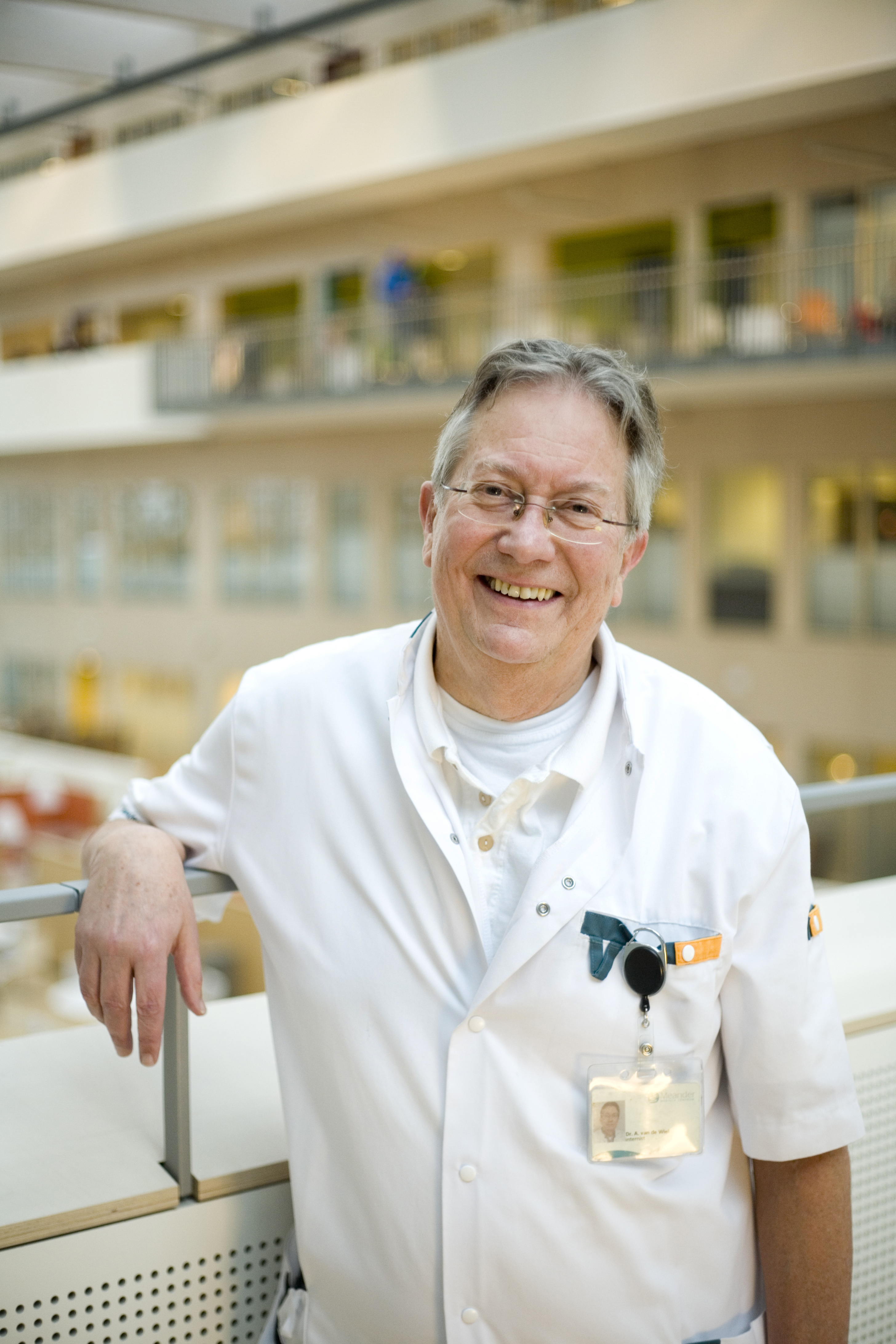Interdisciplinary MSc projects for RST on health and waste water
Delft Bioengineering Institute has awarded Zoltán Perkό and Albert van de Wiel with a total of €7500 for the execution of three interdisciplinary MSc projects. Together with Elizabeth Carroll (ImPhys), Zoltan has designed a project that looks into ultrahigh dose-rate FLASH irradiation in zebrafish. With 3mE’s Giulia Giordano, Zoltan will look into using mathematical methods to optimize control of combined chemo-radiation therapy. Albert teams up with CEG’s Doris van Halem to measure arsenic content of rice products and waste water. In total, Bioengineering has granted 15 MSc projects that resulted from the networking event BioDate 2018. Below you read more about this three interesting projects.
Testing a new radiation method
One of the latest developments in cancer treatment is flash radiotherapy: a short, high dose of radiation. This is proving to be an effective way to destroy cancer cells, while causing less damage to the surrounding healthy tissue. However, the method still requires extensive testing. In this graduation project, a student will use zebrafish larvae to compare the effect of different radiation doses.
In-vivo efficacy study of ultrahigh dose-rate FLASH irradiation in zebrafish
Elizabeth Carroll (TNW-ImPhys) en Zoltán Perkό (TNW-RST)
Calculation models for improving cancer treatment
Cancer patients are often treated with chemotherapy or radiation, or a combination of the two. For radiation treatments, advanced calculation methods and algorithms are already in use to ensure that the radiation achieves its maximum effect, while saving healthy tissue as much as possible. The use of calculations to optimise chemotherapy and combined treatment is still relatively uncharted territory. A student will be tackling this subject in this graduation project.
Optimal control of combined chemo-radiation therapy treatments for improving cancer care
Zoltán Perkό (TNW-RST) en Giulia Giordano (3mE)
Measuring arsenic content of rice products and waste water
Arsenic is a metal that is naturally present in the soil and groundwater. Rice cultivation uses a lot of water, and rice readily absorbs the arsenic from the soil and water. Consuming too much arsenic can be harmful to our health. For this graduation project, two students will conduct research on the arsenic content of rice dishes and waste water of restaurants in the Netherlands. For the rice dishes, they will use a technique where low concentrations of metals can be measured in large samples; mass spectrometry will be used to tackle the waste water.
Arsenic in rice products and waste materials in Chinese-Indonesian restaurants in the Netherlands
Albert van de Wiel (TNW-RST) en Doris van Halem (CiTG)

